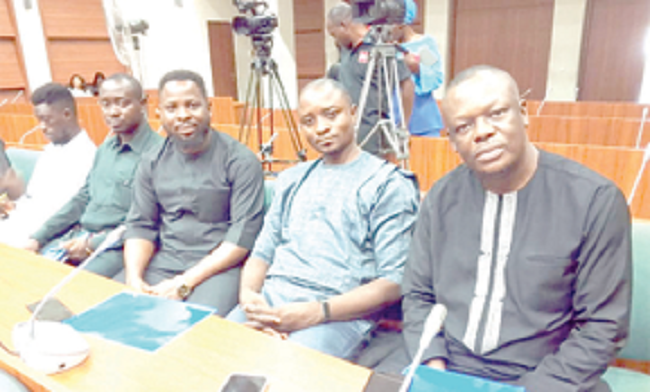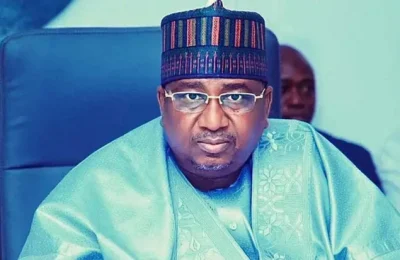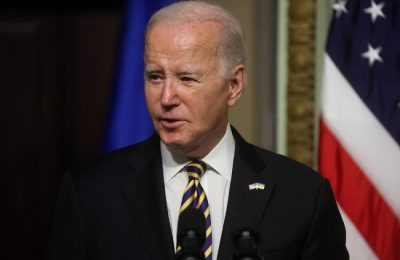Determined to see improvement in the environment and standards of living of host communities of mining sites, some rights groups have urged the House of Representatives Committee on Solid Minerals to increase the extraction net revenue to host communities in the proposed re-enacted Minerals and Mining Bill to 10 percent instead of five percent recommended by the committee chaired by Honourable Gaza Jonathan Gbefwi.
The groups that made the demand are the Environmental Defenders Network (EDEN), the Renevlyn Development Initiative (RDI), Community Development Advocacy Foundation (CODAF) and the Neighborhood Environmental Watch (NEW) Foundation.
In a memorandum by the groups to the House Committee at a public hearing recently in Abuja, the increase will be a first step in bringing about the visions of host communities in mining on benefit sharing as against the practice where they are mere spectators as their resources are carted away and their environment left in ruins.

The groups also asked the Federal Government to formalise artisanal and small-scale miners so that they can have access to loan facilities and start operating within accepted standards.
The memorandum by the groups proposed that all small scale and artisanal miners should be documented in a Miners Register opened and domiciled in the Ministry of Mining/Solid Minerals in the state and local government area headquarters and mining communities.
They frowned at the excessive powers in the proposed bill given to the Minister of Solid Minerals in Section 4, which they said should be subject to further review as most of the functions proposed are duplications of what the Ministry of Environment should be carrying out.
For instance, the group questioned Section 4 (u) of the Bill which proposes that the Minister of Solid Minerals shall have the power to designate a mineral as a radio-active mineral and by radioactive regulations make special provisions for the exploration, exploitation, possession, export or otherwise dealing in the radio-active mineral.

Instead, the groups proposed that the powers of the minister of solid minerals should be shared with other ministries relevant to the subject including environment.
They picked holes in specific items listed which the Bill proposed be included in the Community Development Agreement such as educational scholarships and employment opportunities, countering that the agreement should be flexible enough to allow the host community determine exactly what they want or what they want to use funds they get for as their needs may change depending on situations.
In his intervention, Philip Jakpor of Renevlyn Development Initiative said that the reason why the extraction net value revenue that goes to the Community Development Association should be increased from five to 10 percent and reviewed every five years is because local communities where mining occurs carry the biggest burdens of solid mineral extraction and should not be treated the way local communities in the Niger Delta are treated in terms of benefit sharing.
In his explanation of the motivation of the committee for repealing the former Act, Chairman of the House Committee on Solid Minerals, Honourable Gbefwi, said that the public hearing is sequel to the Public Policy Dialogue on the Mineral and Mining Act 2007 which was held in February where participants overwhelmingly demanded a review of the Minerals and Mining Act 2007 to reflect current realities.
He promised that members of the committee will take the recommendations from participants at the hearing into consideration in a final document.







